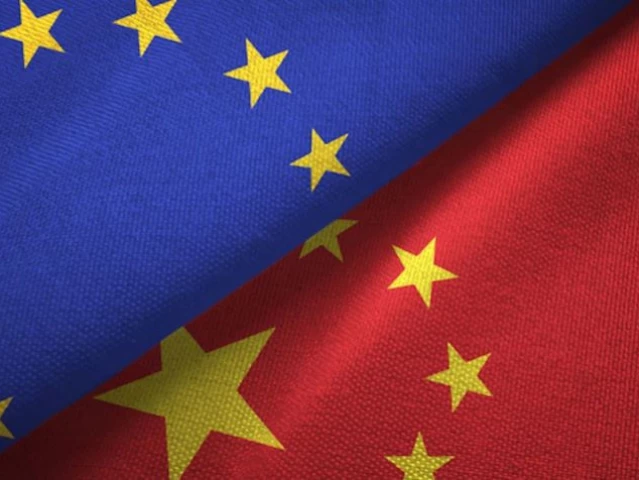China warns EU to ‘stop provoking trouble’ over South China Sea
China's embassy in Manila rebukes EU after Kaja Kallas criticises Beijing's "coercive activities" in South China Sea

China has issued a sharp rebuke to the European Union, urging it to cease what it described as provocations in the South China Sea, following comments by a senior EU official criticising Beijing’s conduct in the disputed waters.
The warning came from China’s embassy in the Philippines on Thursday, in response to remarks by EU foreign policy chief Kaja Kallas, who voiced concern over what she termed China’s “coercive activities” in the strategically vital region.
“We urge the EU to genuinely respect China’s territorial sovereignty and maritime rights and interests in the South China Sea and to stop provoking trouble,” a spokesperson for the Chinese embassy in Manila said.
China further criticised the EU for what it called unwarranted interference in regional affairs, and cautioned the Philippines against relying on foreign powers to resolve maritime disputes.
The diplomatic exchange follows a high-level meeting earlier this week in Manila between Kallas and Philippine Foreign Affairs Secretary Enrique Manalo. During the talks, both sides announced plans for a new EU-Philippines security and defence dialogue aimed at addressing foreign interference, cyber threats and disinformation.
In a joint statement, the EU and the Philippines raised alarm over China’s actions, describing them as “illegal, coercive, aggressive and deceptive” in relation to Philippine vessels and aircraft conducting lawful operations in the South China Sea.
Speaking to reporters, Kallas reaffirmed the EU’s commitment to a rules-based international order, stating: “We reject any unilateral changes to the status quo, including use of coercion.”
The South China Sea remains a flashpoint in regional geopolitics, with overlapping territorial claims involving several nations, including Brunei, Indonesia, Malaysia, the Philippines and Vietnam. Despite international objections, Beijing maintains it has sovereignty over nearly the entire sea, a stance that continues to fuel tensions and frequent confrontations with its neighbours.
The latest diplomatic row underscores growing international concern over stability in one of the world’s most important maritime corridors.



















COMMENTS
Comments are moderated and generally will be posted if they are on-topic and not abusive.
For more information, please see our Comments FAQ